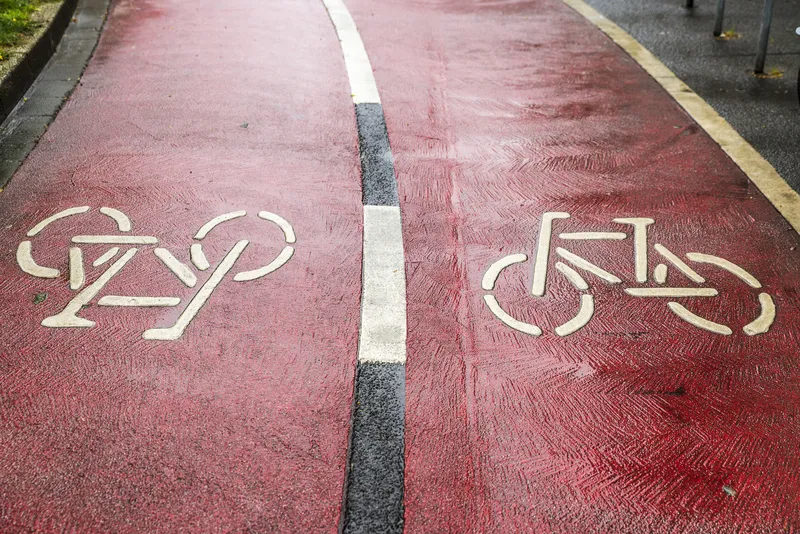The European Union has finally agreed to Germany’s plan to introduce road tolls, says EurActiv, despite originally saying that the proposals were discriminatory to foreign drivers and would break EU law.
Germany will now change its road toll law so that it does not discriminate against drivers registered in other EU countries, German Transport Minister Alexander Dobrindt said.
However, the plan has met with opposition from Germany’s neighbours in the Netherlands, Belgium, Austria and Denmark.
Aust
December 2, 2016
Read time: 2 mins
The European Union has finally agreed to Germany’s plan to introduce road tolls, says EurActiv, despite originally saying that the proposals were discriminatory to foreign drivers and would break EU law.
Germany will now change its road toll law so that it does not discriminate against drivers registered in other EU countries, German Transport Minister Alexander Dobrindt said.
However, the plan has met with opposition from Germany’s neighbours in the Netherlands, Belgium, Austria and Denmark.
Austria’s Transport Minister Jörg Leichtfried said “the discrimination is now a bit more hidden” but is still there. German social democrats also criticised the deal.
Michael Cramer, German Green MEP and chair of the European Parliament’s transport committee, called the agreement an “unpleasant compromise”. “In the end, only foreign drivers will have to shell out the toll. This is anti-European and will provoke lawsuits before the European Court of Justice,” he said.
Violeta Bulc, the EU transport commissioner said the deal will pave the way for a European-wide road tolling scheme next year and insisted that it will not conflict with her plans to overhaul EU road toll rules early next year. She plans to propose a new law by April to shake up toll rules, digitise toll systems and charge drivers different rates based on how much pollution their cars produce.
Bulc is still deciding between toll rules that are either based on how long cars spend on the road or how far they drive. She has previously said she favours a system that charges based on how many kilometres a vehicle drives and not the number of days spent in a country. Environmental groups have pushed for an EU-wide system that charges based on distance because it could incentivise drivers to use their vehicles less.
Germany will now change its road toll law so that it does not discriminate against drivers registered in other EU countries, German Transport Minister Alexander Dobrindt said.
However, the plan has met with opposition from Germany’s neighbours in the Netherlands, Belgium, Austria and Denmark.
Austria’s Transport Minister Jörg Leichtfried said “the discrimination is now a bit more hidden” but is still there. German social democrats also criticised the deal.
Michael Cramer, German Green MEP and chair of the European Parliament’s transport committee, called the agreement an “unpleasant compromise”. “In the end, only foreign drivers will have to shell out the toll. This is anti-European and will provoke lawsuits before the European Court of Justice,” he said.
Violeta Bulc, the EU transport commissioner said the deal will pave the way for a European-wide road tolling scheme next year and insisted that it will not conflict with her plans to overhaul EU road toll rules early next year. She plans to propose a new law by April to shake up toll rules, digitise toll systems and charge drivers different rates based on how much pollution their cars produce.
Bulc is still deciding between toll rules that are either based on how long cars spend on the road or how far they drive. She has previously said she favours a system that charges based on how many kilometres a vehicle drives and not the number of days spent in a country. Environmental groups have pushed for an EU-wide system that charges based on distance because it could incentivise drivers to use their vehicles less.







